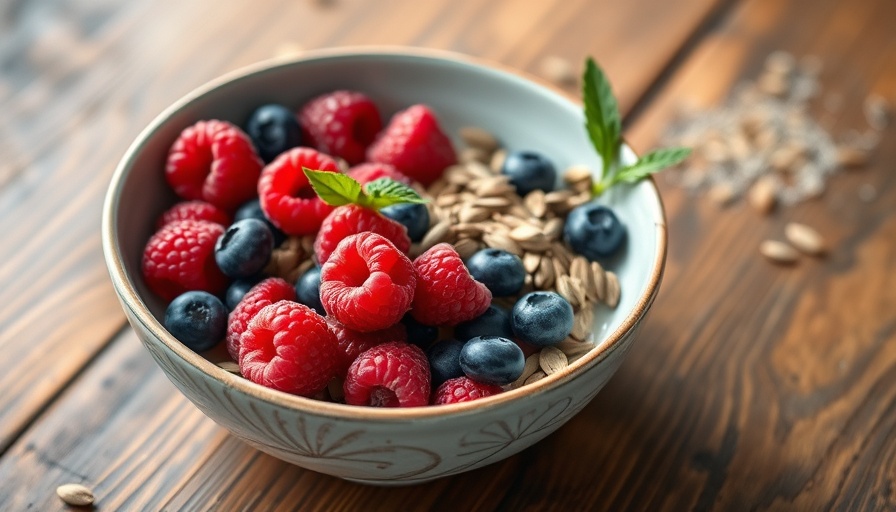
How the Arts Enhance Longevity and Well-Being
As life expectancy increases significantly, maintaining physical and mental health becomes paramount for an aging population. A recent study published in the journal Frontiers in Public Health highlights a simple yet transformative activity for older adults: participation in the arts. Engaging with art, whether through creation or appreciation, offers remarkable benefits that contribute to a longer, healthier life.
The Research: Art’s Influence on Health Outcomes
The study analyzed data from the Busselton Healthy Aging Study (BHAS), which has been gathering information since 2010 from over 5,000 individuals born between 1946 and 1964. Out of these participants, a striking 85% reported involvement in some form of artistic activity, including attending exhibitions, creating art, or volunteering within arts organizations. Researchers found that those who actively engaged in the arts exhibited significantly better physical and mental health than those who did not.
A Gateway to Better Mental Health
Art therapy has long been recognized for its mental health benefits, and this study adds to the evidence supporting the therapeutic effects of engaging with various forms of art. According to Christina Davies, Ph.D., the lead researcher, people do not need exceptional skills to reap the rewards of participating in the arts—it's about creating and enjoying, rather than mastering. This democratization of art means that anyone can partake, experiencing joy and satisfaction, which are crucial for healthy aging.
Unique Benefits of Artistic Engagement
Engaging with art helps to foster strong social connections and reduces feelings of isolation. Social engagement is vital as we age, as loneliness can significantly affect one's health. Besides improving mood, participation in arts and cultural events can also stimulate cognitive function, keeping the mind sharp.
Connecting Through Shared Experiences
Participating in artistic activities often involves group settings, where individuals can share experiences and emotions, enriching their social lives. This sense of community combats feelings of isolation—a common issue among older adults—and promotes a supportive environment that nurtures mental wellness. Whether it's joining a painting class, attending a local concert, or engaging in discussions at a gallery, the shared experience enhances personal connections.
Art as a Bridge to Personal Expression
Art can serve as a powerful conduit for self-expression, allowing individuals to communicate feelings that may be difficult to articulate otherwise. Whether through drawing, dance, or music, these creative outlets provide a safe space for reflection and emotional release, leading to improved mental health outcomes.
Future Opportunities for the Arts
As society continues to prioritize health and wellness, we can expect to see more initiatives that incorporate the arts into healthcare settings. Community programs and workshops focusing on art activities could serve as an affordable and effective way for older adults to engage socially while fostering ongoing mental and physical wellness.
Common Misunderstandings About Arts Participation
Some may believe that artistic endeavors require inherent talent, which can deter them from participating. However, the study reinforces that enjoyment is more important than skill. Understanding that art is not solely for experts allows a broader audience to embrace their creativity and seek the numerous benefits offered through participation.
Your Next Steps: Embracing the Arts for Health
For adults looking to boost their health, consider integrating art into your routine. Whether it’s picking up a paintbrush, enrolling in a dance class, or visiting a local gallery, these activities can improve both mind and body. Remember, it’s about enjoyment and social connection—not perfection.
Conclusion: Why Participation Matters
As we age, the necessity to nurture physical and mental health is undeniable. Engaging in the arts can be a powerful, enjoyable way to support overall wellness. Join a community class, volunteer for local arts initiatives, or simply enjoy art at home. Prioritizing these activities can enhance your quality of life significantly.
 Add Row
Add Row  Add
Add 



Write A Comment